- Limelight
- Limelight / Culture
- Limelight / Culture / Pop Culture
- Limelight / Digital
- Limelight / Events
- Limelight / Music
- Limelight / Music / Local Music
- Limelight / Profiles
- Limelight / Reviews
DJ Lucas: A refreshing voice in the underground rap scene
October 26, 2021
DJ Lucas has been a loud and refreshing voice in underground rap music for years, constantly evolving and surprising with every release.
A proud native of Western Massachusetts, DJ Lucas has put the area on the hip-hop map with his personal releases and the releases of Dark World Records. I sat down with DJ, a deliberate, unique creative that is unabashedly himself at all times.
Alex England: DJ, how are you, brother?
DJ Lucas: I’m good, man; how’s it going?
AE: I’m great, thanks. Usually, I would ask people where they’re from, but anyone who’s at all familiar with you knows that you’re from Western Massachusetts. Growing up in West Mass., what kind of music was playing around you?
DJ: On a more broad scale, I would say classic rock when I was super young and just the current pop radio in the early 2000s. In my little scene and my circle of friends that I ran around with, we were listening to underground rock, garage rock, post-punk, post-hardcore and all the other different genres attached to rock music from the ’80s and ’90s. I was definitely different in my area for making hip-hop, for sure.
AE: When you were young, you were in punk bands.
DJ: Yeah, I would say punk, for a lack of a better word. They were almost like new-wave bands in a funny way; they were more so punk in their mentality. We were playing lots of underground shows in unconventional venues like a library or a church.
AE: How old were you when you started playing in bands?
DJ: I was super young. My dad was a booking agent in Boston, so I was exposed to music super young, and I started being in bands in fifth or sixth grade. One of the biggest turning points in my life was in sixth grade; we went to a concert in New Jersey that my dad knew somebody at. We brought our CDs, and we gave them to The Click Five, The All-American Rejects, Nick Lachay and The Fray, who we actually ended up opening up for in sixth grade in front of 2,800 people. I’ve been exposed to performing since I was a kid; it’s always been my life in one way or another.
AE: When did you start taking rapping more seriously?
DJ: I started rapping a lot when I was like 20, so I’ve been doing the rap thing heavy for like seven years.
AE: Going back to West Mass., what makes that place so special to you?
DJ: West Mass is special to me because it’s home; it’s not that it’s special in comparison with somewhere else. I always talk about rap and locality, and I love how different rappers are impacted by their cities, so I just wanna represent Amherst and Western Mass, you feel me? I want my artistic output to be a representation of where I’m from. That’s the way I’ve always viewed art; I feel like there should be some regionality to it.
AE: Artists from Amherst have really been limited to poets like Emily Dickinson and Robert Frost, both of whom you reference in your music.
DJ: Yeah, I bring them up a lot because I think it’s important to be proud of the people from your community that are or were artistic.
AE: You have a very dedicated fanbase, almost to the point of a cult following. What do you think it is about you that has caused that?
DJ: I don’t think there’s anyone else that sounds like me at all. I don’t think anyone else is talking honestly about the suburbs, talking about growing up and living from a middle-class, white perspective. I love structure and tradition, and I think you can tell that from my music, but I also like to be super left-field and original. Where do tradition and originality meet? Finding that balance is something that I really love about music and art. It’s like having a strong understanding of art history and also free-forming and doing the rawest shit possible because a lot of the greatest artists ever had no understanding of art history.
AE: You recently tweeted, “ballerina look like jumpman the most annoying shit lol.” As you’ve grown as an artist, do you find yourself feeling that way about a lot of your older material?
DJ: No. Of course, any artist is going to critique and want to revise their old stuff, and that’s something I’ve been good at not doing. I think, though, you’re always going to question the things you did as a young person, and I feel like I’m a more well-rounded person now with stronger beliefs and principles. I do love that song; I feel like I said some real shit on that song. I really like the line, “Shoutout to both of my parents, they have a wonderful marriage and I’m not embarrassed, that’s the shit you cherish.” I’m more just annoyed at how much I have to play it live. I’m also a guy that listens to a lot of his own music, and I’m not afraid to question myself and my old ideas.
AE: The “DJ!” ad-lib is one of the most recognizable things in your catalog. Where did that come from?
DJ: That comes from the very beginning; I was making beats for a couple years before I started rapping. That’s where the experimental music world met hip-hop for me; that’s when I started making dance music and footwork. I named myself after DJ Nate and the whole footwork movement. That “DJ!” comes from that dance and footwork culture and cutting up samples. It’s very minimal, and I think that comes off a lot in my art and my graphic design. I’m a very cut and paste guy, kind of like how Three 6 Mafia were very cut and paste with their hooks and stuff. It kind of just stuck; it reminds me of those old Casio keyboards that had those voices on them.
AE: Would you consider the music you make as art rap?
DJ: Yeah, I think all my music is art rap and when I say that, it’s not as if other rap isn’t art; it’s that my shit is almost theatrical. I think that people aren’t always real with themselves like I’m a very goofy, theatrical person, and especially in hip-hop, the way to be is very smooth and stylish, and that’s just not necessarily who I am. I like to just put all of my honesty out there as much as I can, and that’s what art rap is to me, just being myself.
AE: I feel like that can be heard in your music, you seem very authentic, and you don’t strike me as someone who’s trying to chase fame through their art; you don’t tailor your sound towards getting clicks. Would you agree with that?
DJ: Yeah, I wanna get clicks just like anyone else, but I want to get them my way. Of course, I want clicks, that’s the goal for everyone, but I would feel disingenuous if I was getting clicks in a way that wasn’t true to myself. I do want clicks, I do want fame, I do want glory just like everyone else, but I feel like I wanted that way more years ago.
AE: I feel like that can be heard in your older stuff. Not that it wasn’t you, or it wasn’t genuine, but it feels almost intentionally accessible given the benefit of hindsight.
DJ: That’s a great observation; it’s definitely true. I think that came from me not being from what I perceived to be the hip-hop community. I think it has to do with me coming from where I’m from and not knowing what I was supposed to rap about. I remember thinking, “Well what’s the most gangster thing I can rap about?” and it was drugs. I think when you think about a lot of suburban rappers, drugs are kind of the common motif, especially in our generation. Rap is supposed to be about honesty, but I feel like there needs to be room for creative expression. Attaching reality and honesty with music is dangerous; there needs to be room for a fictitious world in art. My music is definitely different now, and I’m definitely thinking about it more than I was then.
AE: DJ Lucas, it’s been a pleasure; thank you for your time.
DJ: Thank you, man.
You can follow DJ Lucas on Instagram here and on Twitter here. His newest video, “MY MIC IS A CAMCORDER,” can be found on the Dark World Records Youtube channel.

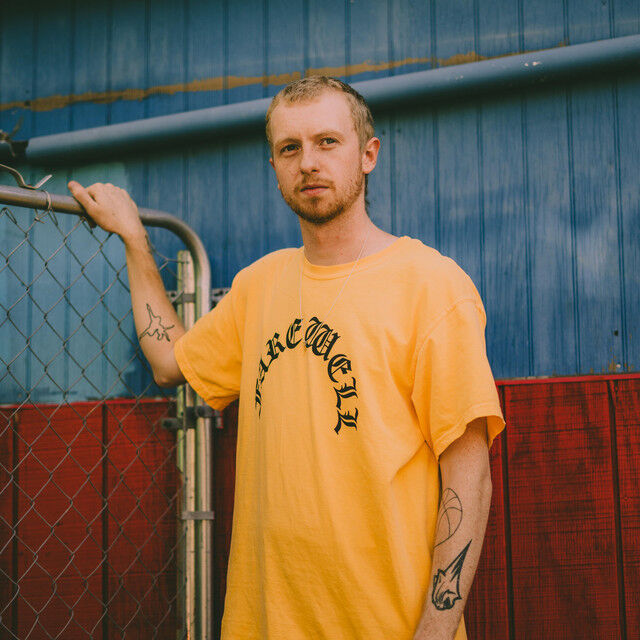






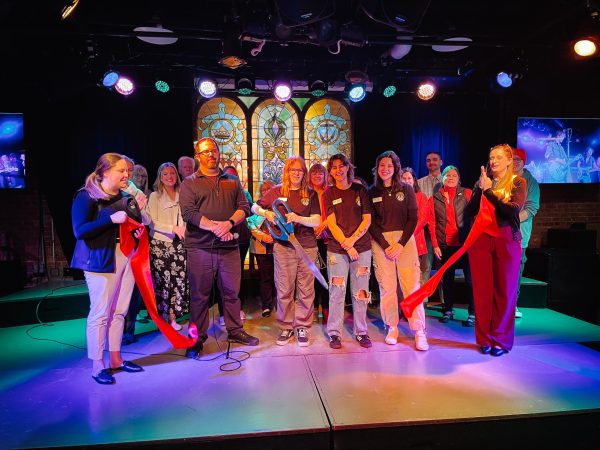
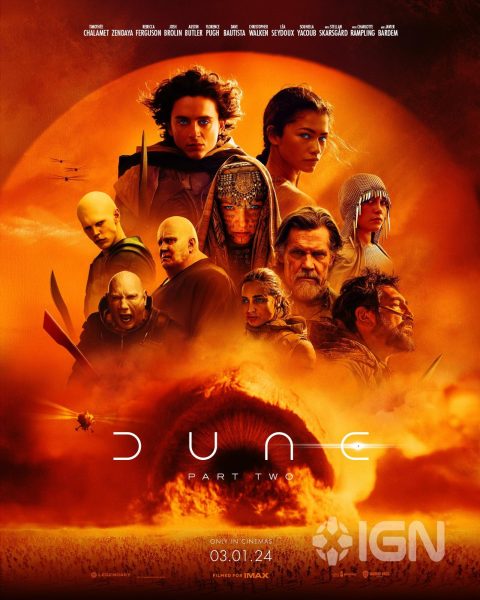
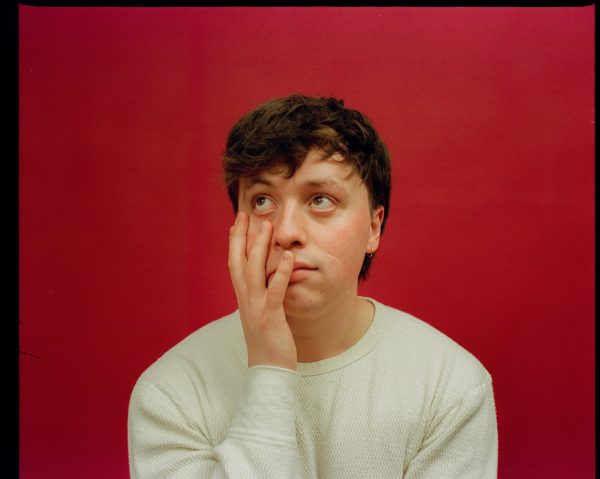
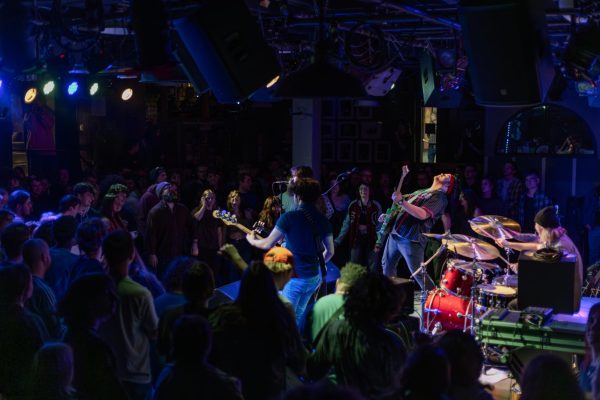
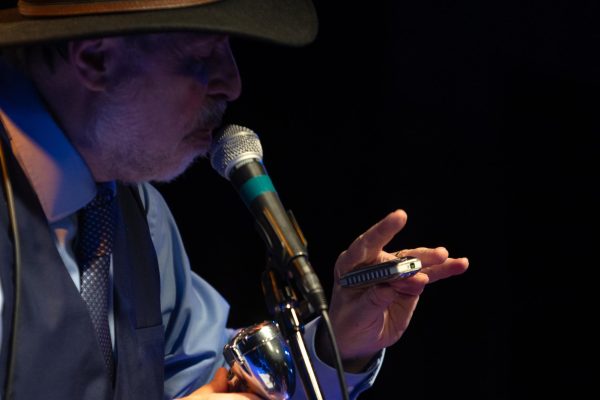
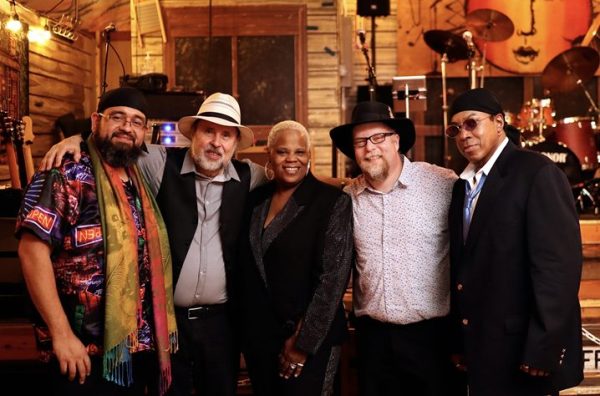
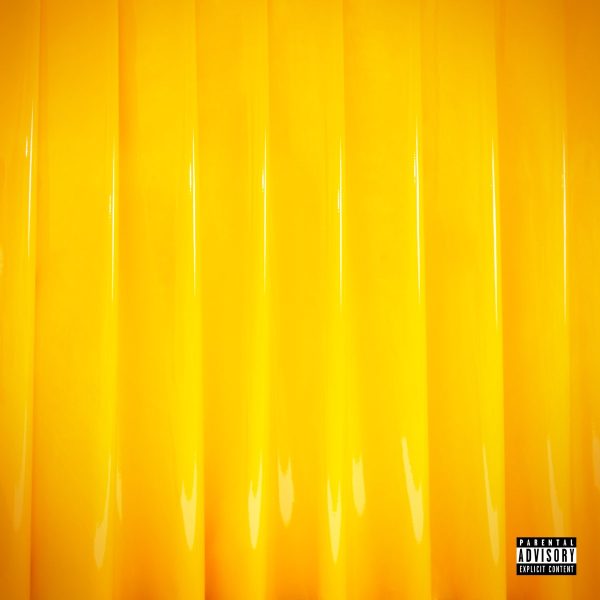
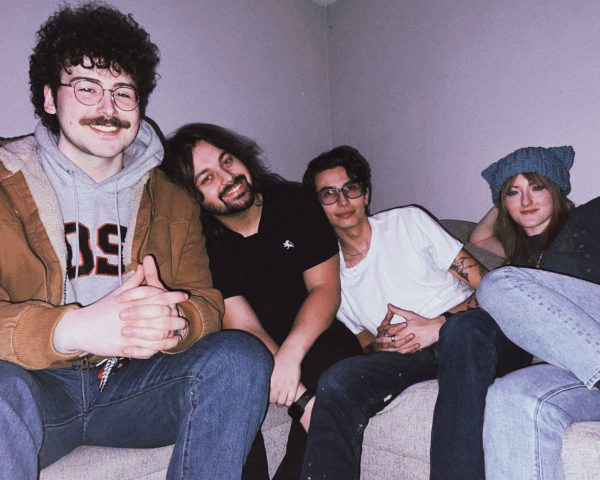
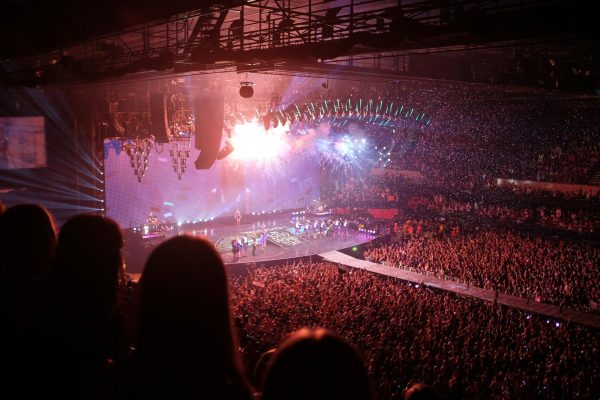

Mark | Nov 15, 2022 at 1:19 am
Superb, Very nice information